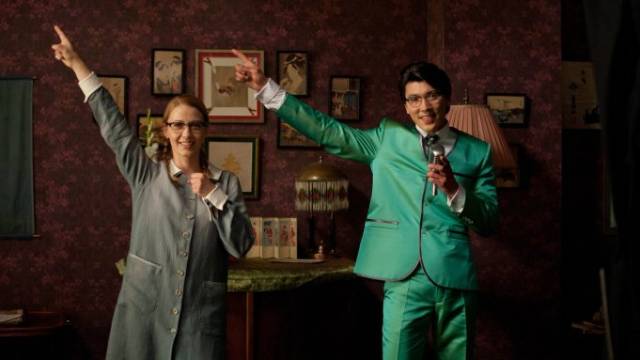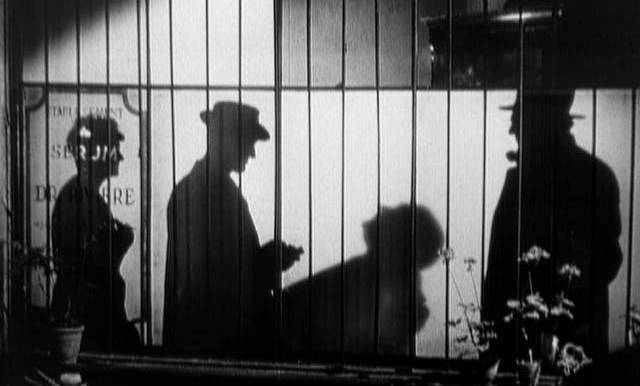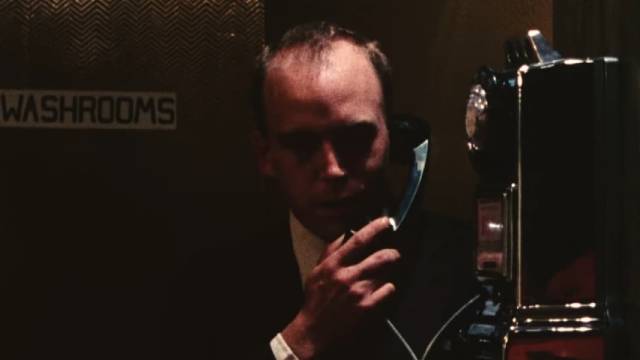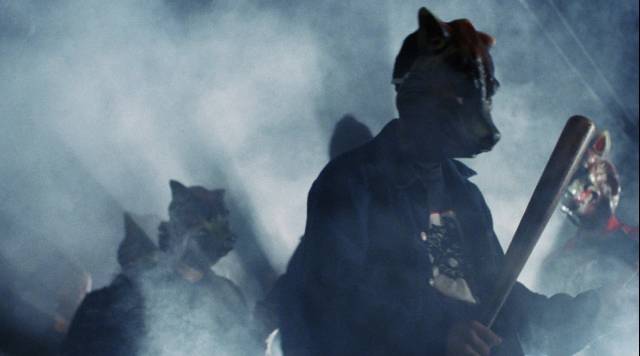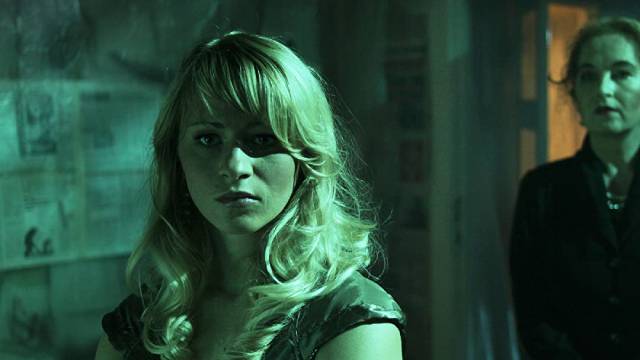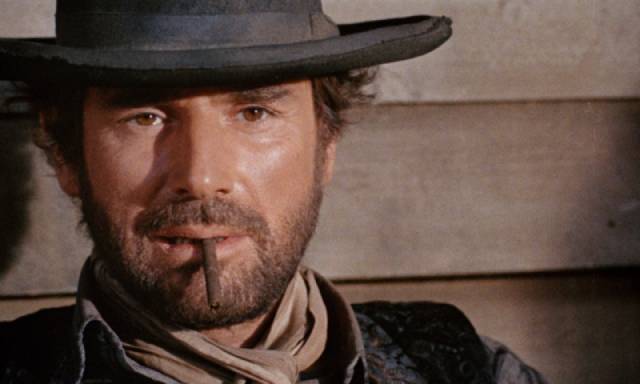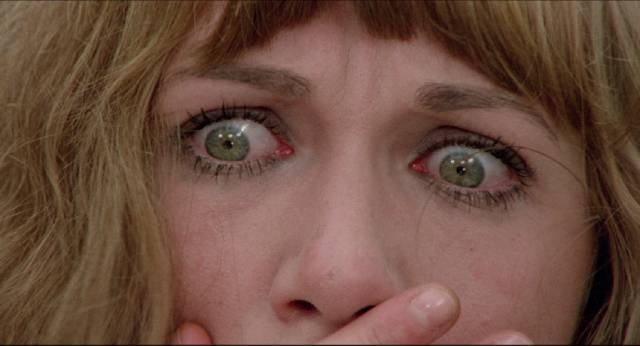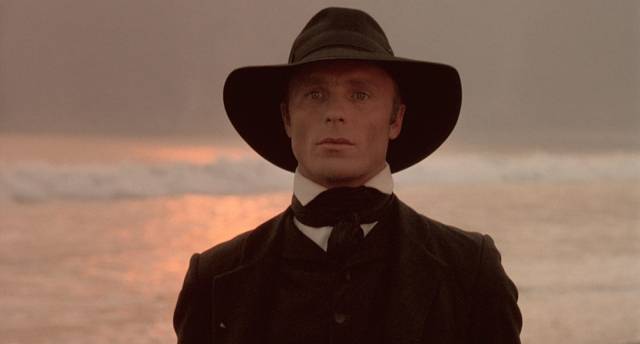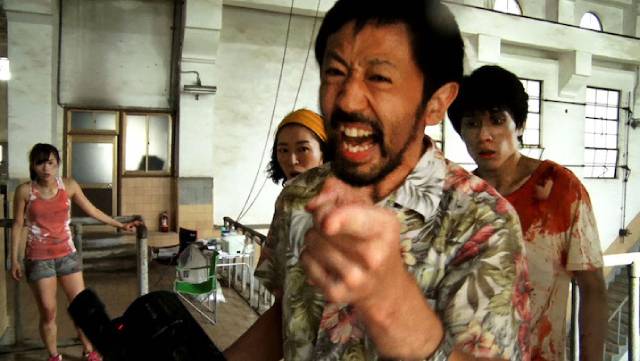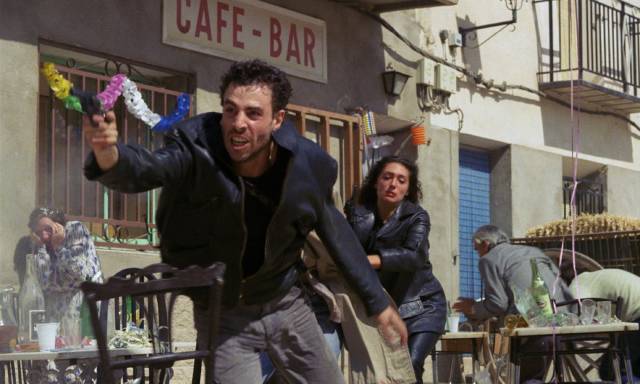
As usual, there’s no coherent pattern to what I spend my time watching. In the past few months, I given my overtaxed attention to quite a few movies from the ’70s and ’80s – British sex comedies and cop movies, Italian gialli, French and Spanish thrillers, Chinese martial arts movies and an Australian superhero musical – plus a pair of recent Korean action movies and two ultra-low-budget do-it-yourself movies from the ’90s.
